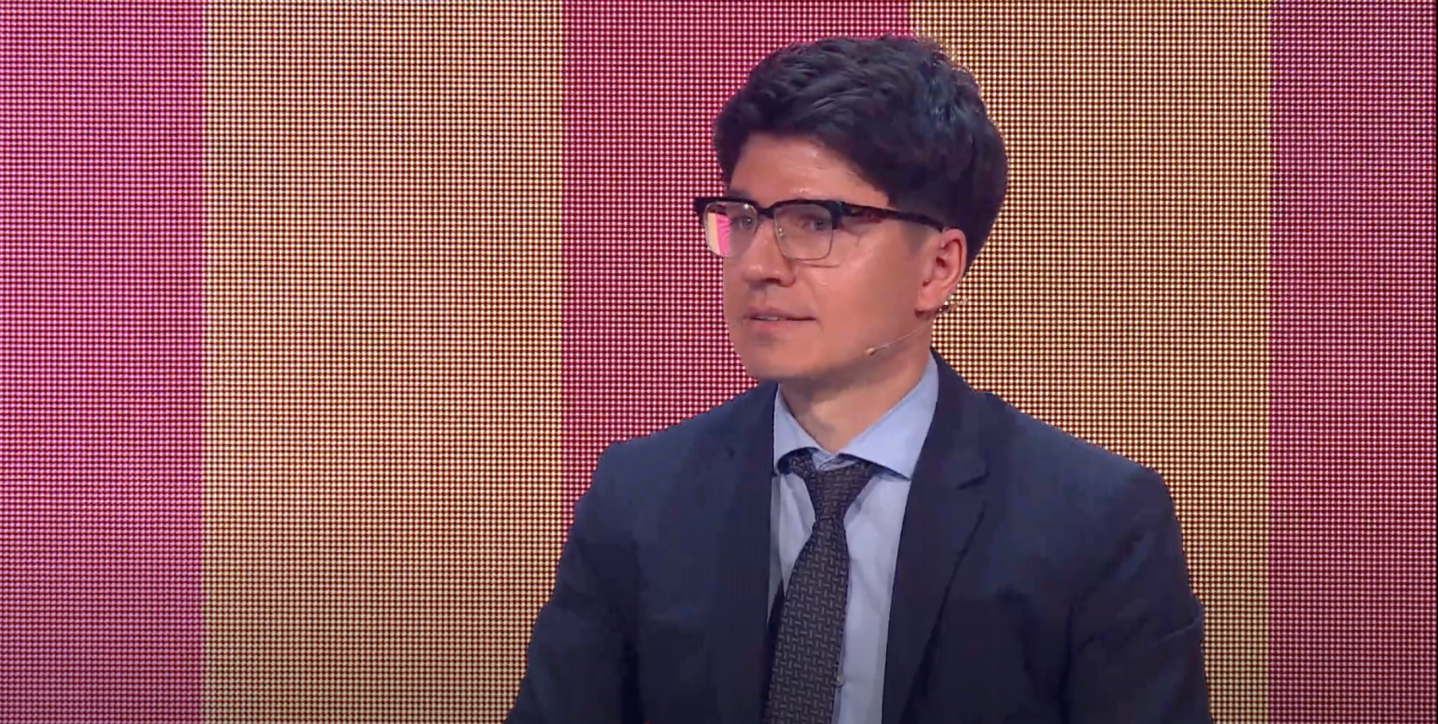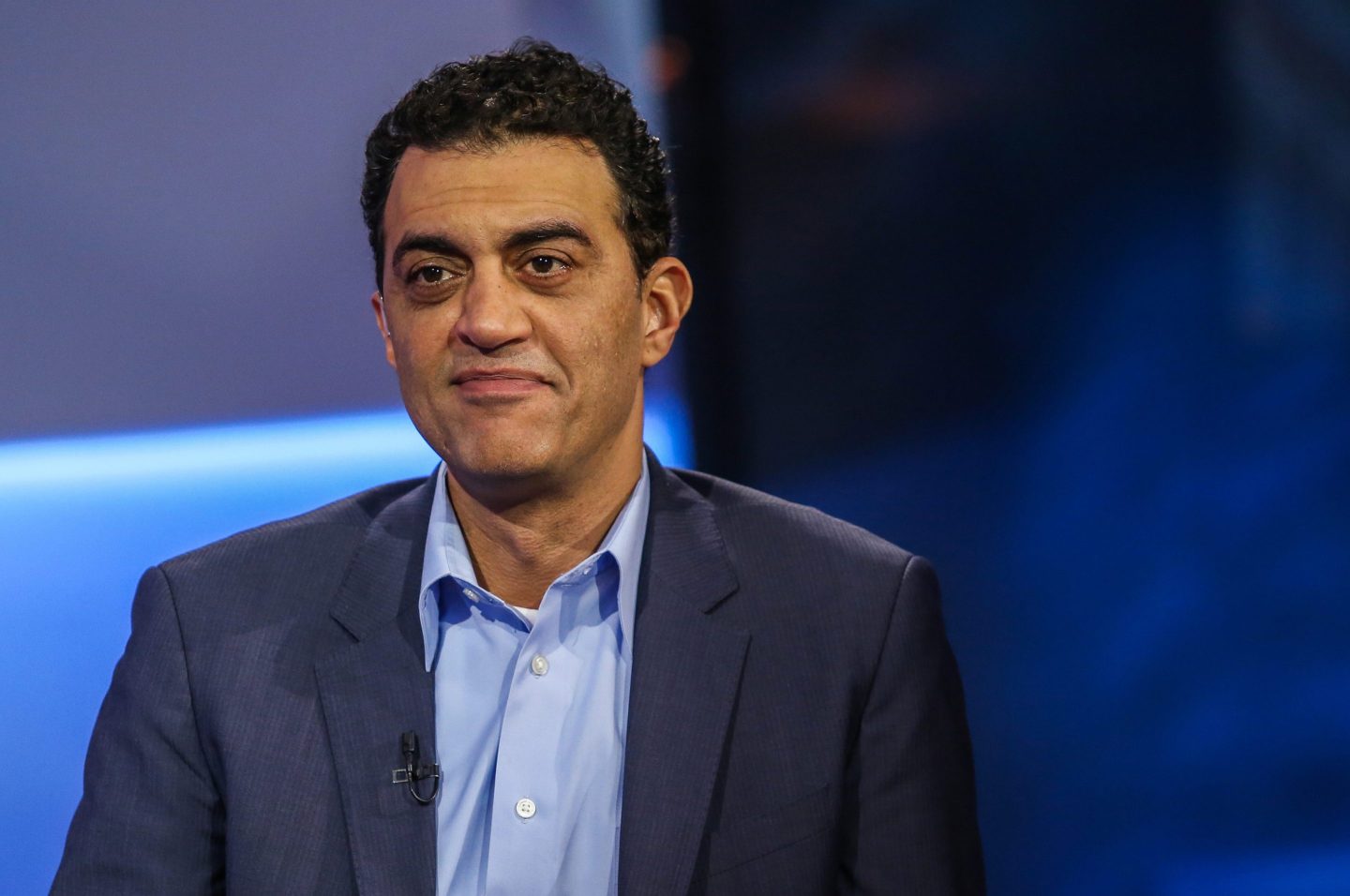Synthesized, a London- and New York-based startup that uses artificial intelligence to automate software testing, has raised $20 million in new venture capital funding, as demand for quality assurance tools surges across the tech industry.
The Series A funding round was led by Redalpine Venture Partners, with participation from IQ Capital, Mercia Ventures, UBS and Seedcamp. Deutsche Bank, which previously invested in the company and is also a customer of Synthesized, invested in the new funding round as well.
The company did not disclose its valuation following the funding round.
Synthesized hopes to take advantage of a surging demand for software quality assurance, its founder and CEO Nicolai Baldin told Fortune. With the increasing popularity of “vibe coding”—using AI to write computer software simply from a description of what the software should do–as well as AI-powered coding assistants that provide suggestions to human coders, testing the resulting code to ensure that it works well and doesn’t introduce cybersecurity vulnerabilities is more important than ever.
“We are making sure we really identify those things which are going to break your app, at the data level, on the environment level, and help you expose those breakage points,” Baldin said. “This is absolutely critical because those traditional [testing] coordinators, they don’t do that.”
The need for this kind of testing is growing rapidly. Spending on automated software evaluation tools is expected to reach $10.6 billion by 2033, up from $1.9 billion in 2023, according to a market research report from Market.us.
“Synthesized is tackling one of the most urgent and overlooked challenges in the age of AI: how to test, validate, and trust what we build,” Daniel Graf, General Partner at Redalpine, said in a statement. “Their platform doesn’t just generate high-quality test data—it lays the foundation for a new class of autonomous QA agents that will transform how modern software is verified and shipped.”
Baldin founded Synthesized in 2020 after completing a PhD. in machine learning and statistics from the University of Cambridge. Initially, the company focused on automated testing of machine learning algorithms to find the edge cases on which these AI models would fail. The company also developed tools for assessing the bias in machine learning models. But the company has now moved into the testing of traditional kinds of rule-based software too.
Baldin said the company has focused on what he calls the most complex parts of the testing process, which he said was creating realistic data and environments for assessing enterprise software.
Surveys of developers have consistently found that waiting for quality assurance testing leads to significant bottlenecks in software development. A 2023 study by consulting firm CapGemini’s technology services arm Sogeti found that 80% of software delays are the result of delays in setting up and running assurance tests, while a 2022 Forrester Research report found that 40% of quality assurance budgets are lost to manual test data management.
Synthesized is able to speed these processes up significantly. The company says that by using its software Deutsche Bank has cut in half the time it takes to find test data for its software evaluations and that other customers have seen their QA costs reduced by 40%.
The startup’s testing software works on a customer’s own cloud or on-premesis servers, reducing security and data privacy concerns. “You don’t need to transfer code to us,” Baldin said.
Synthesized is hardly the only company trying to apply AI methods to software testing. The space is increasingly crowded, with other startups such as TestFort, QASolve, Ranger, Quash, Zencoder, and a clutch of other new entrants competing for marketshare against traditional software testing services from the likes of IBM, Micro Focus (now part of Open Text), and Perforce Software.
Baldin says that Synthesized will use the new funding to double the size of its expansion across North America and Europe, with plans to double its 35-person team over the next year. The company currently operates offices in London and New York, with virtual operations in Japan.













